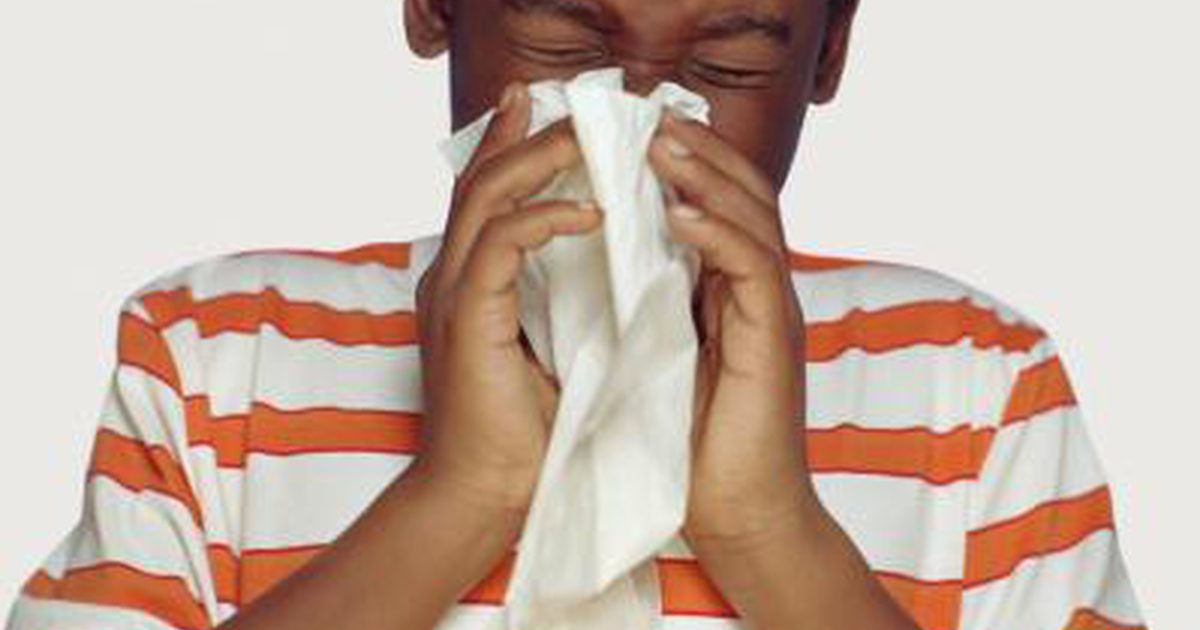The usual when we are sick is that we lose our appetite. This is due, among other reasons, to the action of proteins called cytokines that are found in the intestine, and which act on the hypothalamus to inhibit hunger. Basically, it is a mechanism of defense of the organism to avoid that the bacteria that infect it can be transmitted through the feces.

But now, a new study by members of the Salk Institute in La Jolla, Calif., Has revealed that some bacteria, such as Salmonella, act on the host organism they have infected to make it eat more. Why?
Once it has infected a host, the bacteria need to spread to another body, and feces are a good way to do it, at least among animals. But if the guest does not eat, it produces fewer feces and, in addition, increases their chances of dying, so the bacteria is less likely to be transmitted to other bodies.
Experiments with mice revealed that, in order to keep the infected organism alive and in the best possible state, the bacteria produced SlrP, a molecule that inhibits the action of cytokines. In this way, infected rodents did not lose their appetite.
Researchers could see that mice that did not produce the SlrP molecule ate less and died earlier, while those who produced it were more likely to survive, even if they were also sick.














